Amps, Volts, Watts: Understanding Your Electricity⚡ Australia
Discover the differences between amps, volts, watts, and ohms in electricity and how electrical currents and circuits are measured for homes in Australia.
Read more
Fronius Reserva is Now CEC-Approved & Available in Australia
Posted 15 Jul
When it comes to talking about electricity, many use the terms 'power' and 'energy' interchangeably, but did you know these actually represent to different elements? It is important to understand these 2 terms, especially if you're looking at investing in solar, battery storage, or electric vehicles and their charging.
To summarise the difference between power and energy, power is simply the rate of electricity, where energy represents the amount of time that power is being used.
Power refers to the rate of electricity - the amount of electricity transferred at any single point in time. Electrical power is measured in Watts (W), Kilowatts (kW), and Megawatts (MW).
The term Power is mostly used in determining the amount of energy an appliance can consume or produce at a single point in time. An example could be a 10kW solar system, which its size is determined by the amount of power it can produce at its peak. A kettle will consume around 2-3kW of power to boil water.
Energy refers to the amount of electricity used over time: Measured in Watt-hours (Wh), Kilowatt-hours (kWh),
and Megawatt-hours (MWh), energy looks at the amount of power over a period of time - in this case an hour.
Energy is used for measuring an appliance's consumption over a period of time, so using the kettle example of 3kW power, over an hour, it would consume 3kWh of energy. 3kW × 1h = 3kWh.


When comparing Kilowatts and Kilowatt-hours, you're comparing power and energy.
Kilowatts (kW), or power, is how we measure the rate of the appliance production or consumption. Kilowatt-hours (kWh), or energy, is how we measure the amount of power over time.
Using the solar example from before, the system has a 10kW power capacity, which can generate up to 40kWh daily on average. This is calculated by the system capacity (kW) x sun exposure time which we summed up to 4.
10kW (power) system x 4 hours = 40kWh (energy) per day.
Both power and energy are used for all scales of devices and appliances to accurately determine the kW and kWh specifications. Watt-hour
is generally used for small appliances like phone batteries, where kW is mostly used for home appliances and solar systems,
and GWh being used for measuring coal power station yearly electricity production.
W = watt
kW = kilowatt (1000W)
MW = megawatt (1,000,000 W)
GW = gigawatt (1,000,000,000 W)
TW = terawatt (1,000,000,000,000 W)
Wh = watt-hour
kWh = kilowatt-hour (1000Wh)
MWh = megawatt-hour (1,000,000 Wh)
GWh = gigawatt-hour (1,000,000,000 W)
TWh = terawatt-hour (1,000,000,000,000 W)
If you're wondering why we measure energy and power differently, both serve separate purposes for understanding and working with electricity. By measuring power, you can identify elements like production rates which can be important for designing and installing electrical systems.
For example, identifying the maximum power rating for a solar inverter or home appliance can mean the difference between safe operation or overloading circuits or equipment.
Measuring energy on the other hand helps identify how much electricity is being consumed or produced over time. It can also help shape what kind of system is right for you, taking into account cost, efficiency, and suitability over time.
Overall, measuring energy and power enables utility companies, electrical engineers, and customers better-plan systems to avoid safety issues, over and under supply, inaccurate bills, and energy waste and inefficiencies.
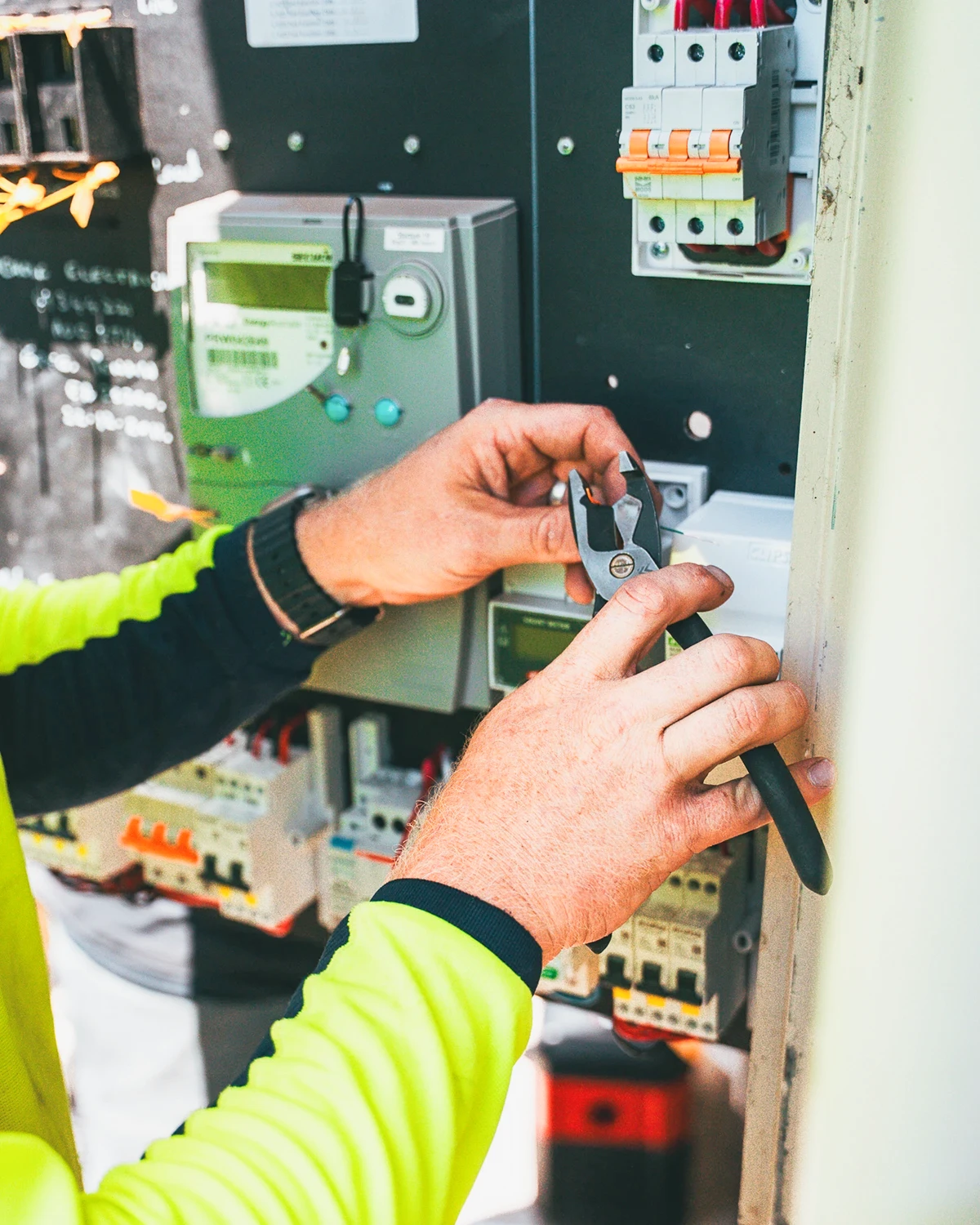
Power is used for systems like solar, EV chargers, and inverters, where energy is primarily used for energy storage, bills, and household
consumption. Here's a list of what is measured by power and energy.
POWER (kW) |
ENERGY (kWh) |
| Solar Panels |
Battery Storage |
| EV Chargers | Electricity Bills |
| Solar Inverter |
Electric Vehicle Range |
| Generator Power Output | Daily Solar Production |
| Grid Connection Limits |
Feed-in-Tariffs |
| Power Ratings | General Household Consumption |
| Battery Charge/Discharge Rate | Backup Battery Duration |
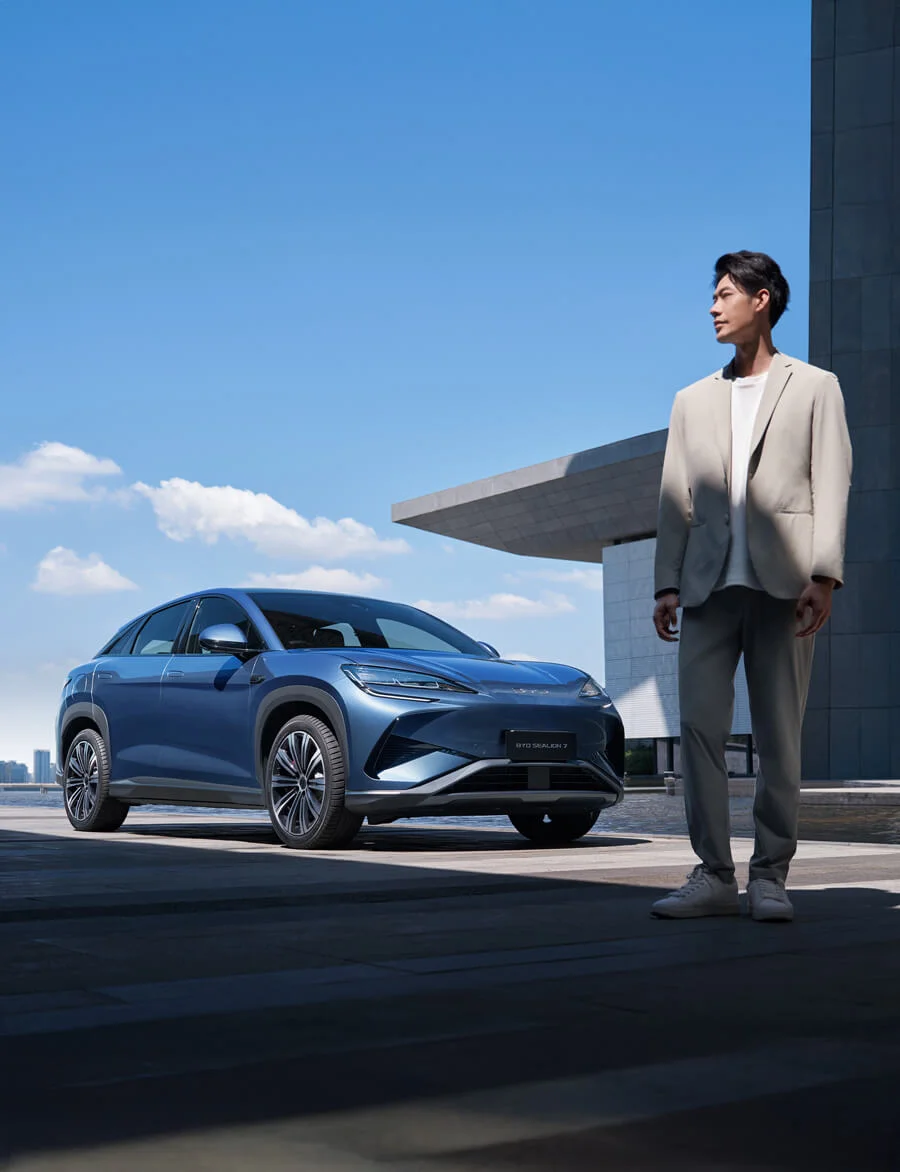
So we've looked at power and energy in appliances and solar systems, but how does power and energy relate to electric vehicles? Using EVs as an example, we're met with an abundance of places where both power and energy are used.
Firstly, every electric car battery is measured in energy or kilowatt-hours, like how the BYD Sealion 7 has an 82.5kWh battery capacity.
This is not to be confused with phrases like '390kW of power'. This isn't referring to the battery capacity, but instead the power that the electric motor can output at its peak.
When it comes to electric vehicle charging, chargers are measured by power or kilowatts that refer the amount of power the charger can deliver to the battery. Chargers can range in power outputs, depending on AC or DC, however home AC chargers are usually 7-22kW depending on if your home is single or three-phase.
Electricity bills are measured in kilowatt-hours (kWh) as it refers to the total amount of energy you consume over time - usually each quarter. Energy providers look at both the amount of power consumed, and the duration it is consumed for.
Additionally, you'll notice solar feed-in-tariffs are also measured in energy. This is to determine the amount of power you produced over an amount of time.
If you have a solar battery like Tesla Powerwall 3, it will have a total energy capacity which will in this case consist of 13.5kWh of energy, meaning if you're drawing 6.75kW of power from the battery, it will last 2 hours.
If energy providers were to determine your bill based on power consumption, they would only be able to see the amount of power you're drawing at any given moment. Using energy is essential to finding out how much power a home or business has consumed over an amount of time to accurately bill based on usage.
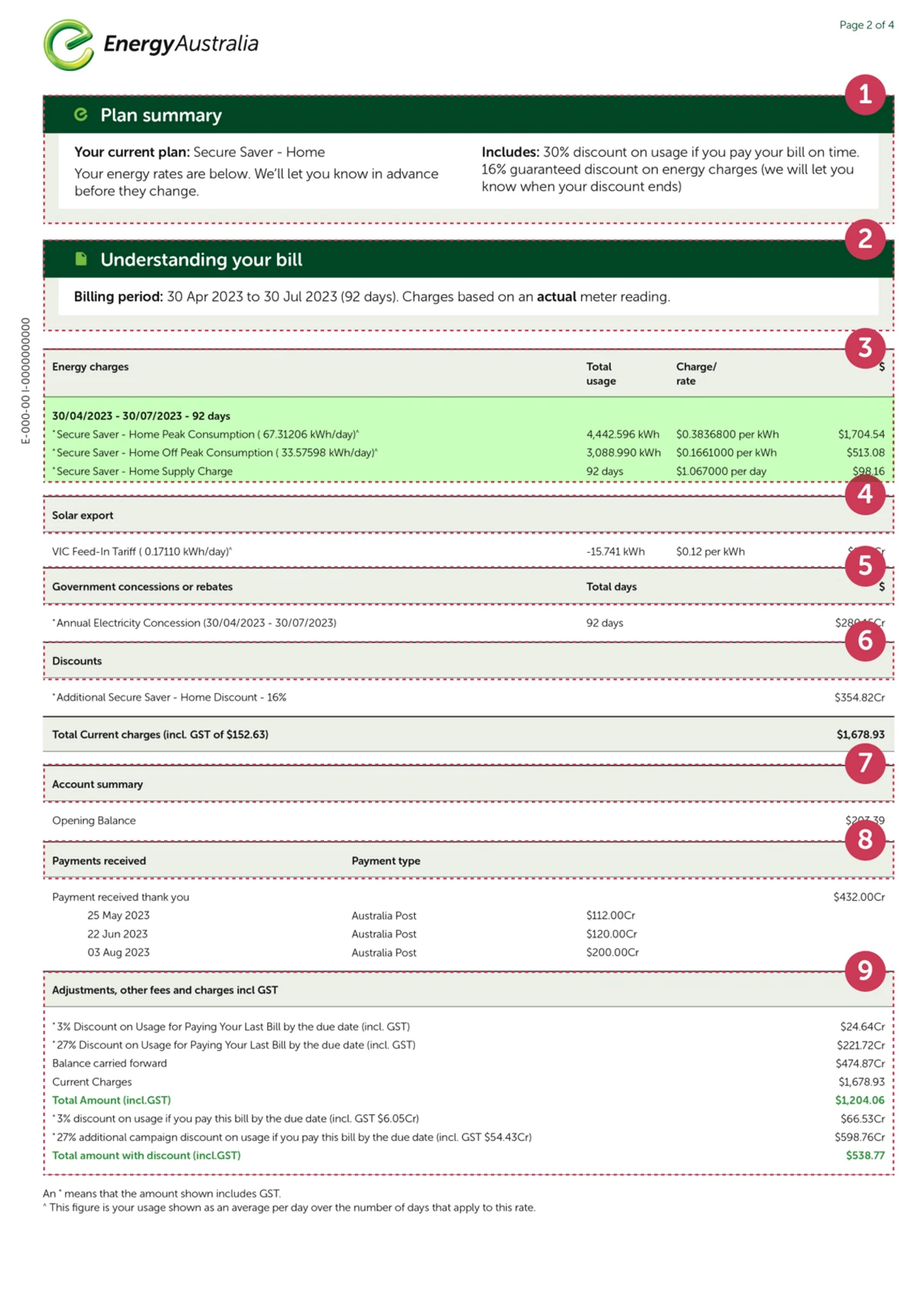
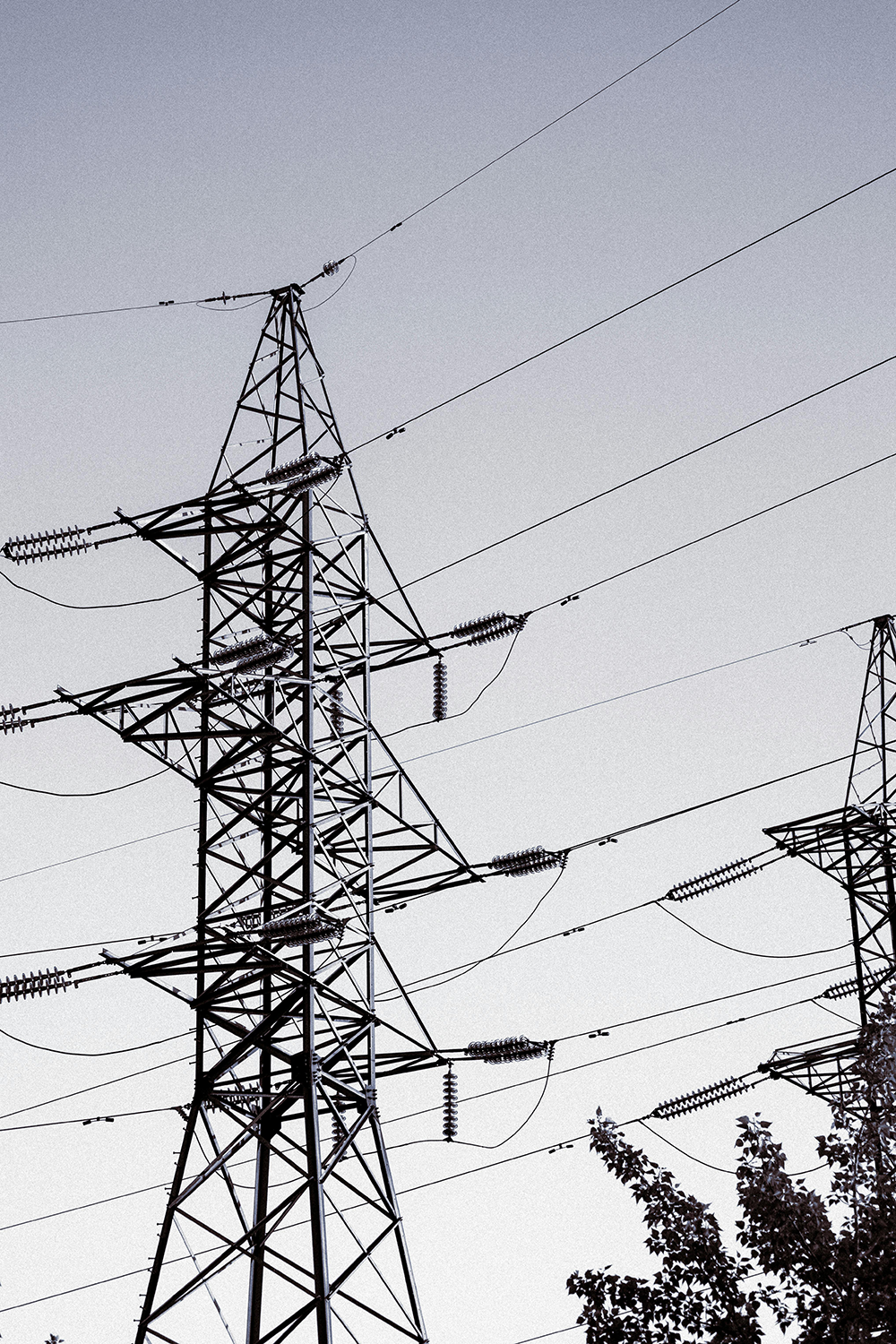
Both power and energy are essential to measuring electricity and component specifications throughout Australia, and can also help you understand your energy better.
Whether you're interested in getting a solar and battery system, you're a new electric vehicle owner, or just an avid reader looking to increase your electrical knowledge, you now know what the difference between energy and power is.
For more information and Newcastle and Maitland-based solar and battery installations, please get in contact with us.
Below are some frequently asked questions about power vs. energy and kW vs. kWh.
Discover the differences between amps, volts, watts, and ohms in electricity and how electrical currents and circuits are measured for homes in Australia.
Battery supply chains are tight across Australia, with shipping delays leaving many installers out of stock and customers waiting longer. What's happening?
Learn how to avoid solar scams in NSW. Spot red flags & dodgy installer tactics and find reputable companies with great warranty & quality installations.
Explore the best solar system sizes & how many panels you need, the best Australian solar brands, and cost estimates for 6.6 & 10kW systems in NSW.
Explore why the delays in vehicle-to-grid and bidirectional chargers are happening, and how V2G faces regulatory and legislative development in Australia.
Over 56,000 solar batteries were sold in Q2, 2025, thanks to the Australian battery subsidy. Explore solar & battery uptake, growth trends, and what's next.
Discover how to choose the right solar battery size for your home. Compare 10kWh, 16kWh, and 20kWh options to maximise savings, and solar in NSW.
Explore what Virtual Power Plants (VPP) are, if joining is worth it, and how NSW solar battery owners can earn rewards, FiTs & rebates in Australia.
Explore what solar hotspots are, how they can affect your panel performance & efficiency, & how bypass diodes can affect your cells & strings in Australia.
Explore the process of installing rooftop solar and battery storage systems in a step-by-step guide of 9 easy steps on how solar is installed in Australia.
Discover the best home EV chargers in Australia. Compare popular electric vehicle home charging stations, costs, and installations for Newcastle NSW.
Is your roof suitable for solar in Newcastle? Learn how terracotta vs. tin roofs, tilt, orientation, condition, and shading can affect home solar generation.
Differences between power vs. energy and kW vs. kWh electricity with examples on how power refers to the rate and energy to the amount over time.
Explore upcoming & available bidirectional V2G-capable chargers in Australia from V2Grid, RedEarth, Sigenergy, Enphase, Tesla, and Fronius EV charging.
Compare the difference between Sungrow's SBH and SBR battery storage vs. BYD Battery-Box and find what battery is better for homes or businesses in NSW.
The NSW Government have announced that the NSW Battery Rebate (PDRS) will be suspended on June 30th, 2025, and will no longer be available.
Avoid the 9.7% NSW electricity bill increase with expert tips on reducing energy costs, optimising solar usage, and finding better energy plans in 2025.
Explore how you can use your EV battery via vehicle-to-load (V2L) as a backup energy source during blackouts to power your home appliances in Australia.
Explore Australia's Federal Government solar battery rebate subsidy like eligibility, approved batteries, requirements, and more about the upcoming incentive.
Partnering with Elite Power Group, Maitland City Council have invested in more electric vehicle chargers in the Maitland area, supporting the uptake of EVs.
Does installing solar & batteries affect home insurance? Explore how solar & energy storage changes home insurance premiums in Australia, NSW in 2025.
Should solar owners get a home battery (ESS) or wait for vehicle-to-home (V2H) technology to use electric vehicle battery power to be available in Australia?
Explore available NSW solar rebates, subsidies, incentives, and financing programs to help you invest in solar power for your Newcastle home in 2025.
Compare the difference between AC & DC coupled solar battery systems like efficiency, compatibility, & best AC coupled batteries for homes in Australia.
Explore if fleet or public electric vehicle charging is better for charging workplace and employee EVs for your business in Newcastle & the Hunter, NSW.
With homes, Australian standards, and energy networks being ready for bidirectional charging, why the wait? Let's explore grid, EV, & charger developments.
Discover the differences between Tesla Powerwall 3 and Sungrow SBH battery storage and which one is better suited for homes across Australia, NSW in 2025.
Explore the differences and if hot water solar or solar PV systems are better, along with heat pumps and electric water heaters for home savings in Australia.
Working closely with the Newcastle City Council, we helped the development of Gregson Park Playspace with electrical infrastructure, lighting, and facilities.
A very strong storm passed through the Hunter, leaving over 100,000 homes without power. Here's how you can protect your home's energy with independence.
As 2025 comes to light, homes and businesses in NSW have access to a range of rebates and subsidies that allow for discounted installations of solar and battery solutions.
Completing a commercial solar and electric vehicle charger installation, our Thornton neighbours can take full advantage of renewable electricity and charging.
Elite Power Group installed a 2MW commercial solar installation for National Ceramic Industries Australia, totaling 4000 solar panels in Rutherford.
Renewable News Articles
Not only are we specialists in solar power, but we pride ourselves in being leading installers in battery
storage, as well as EV charging for homes and businesses. For solar and battery systems, we offer both on and off-grid solutions for a
range of applications.
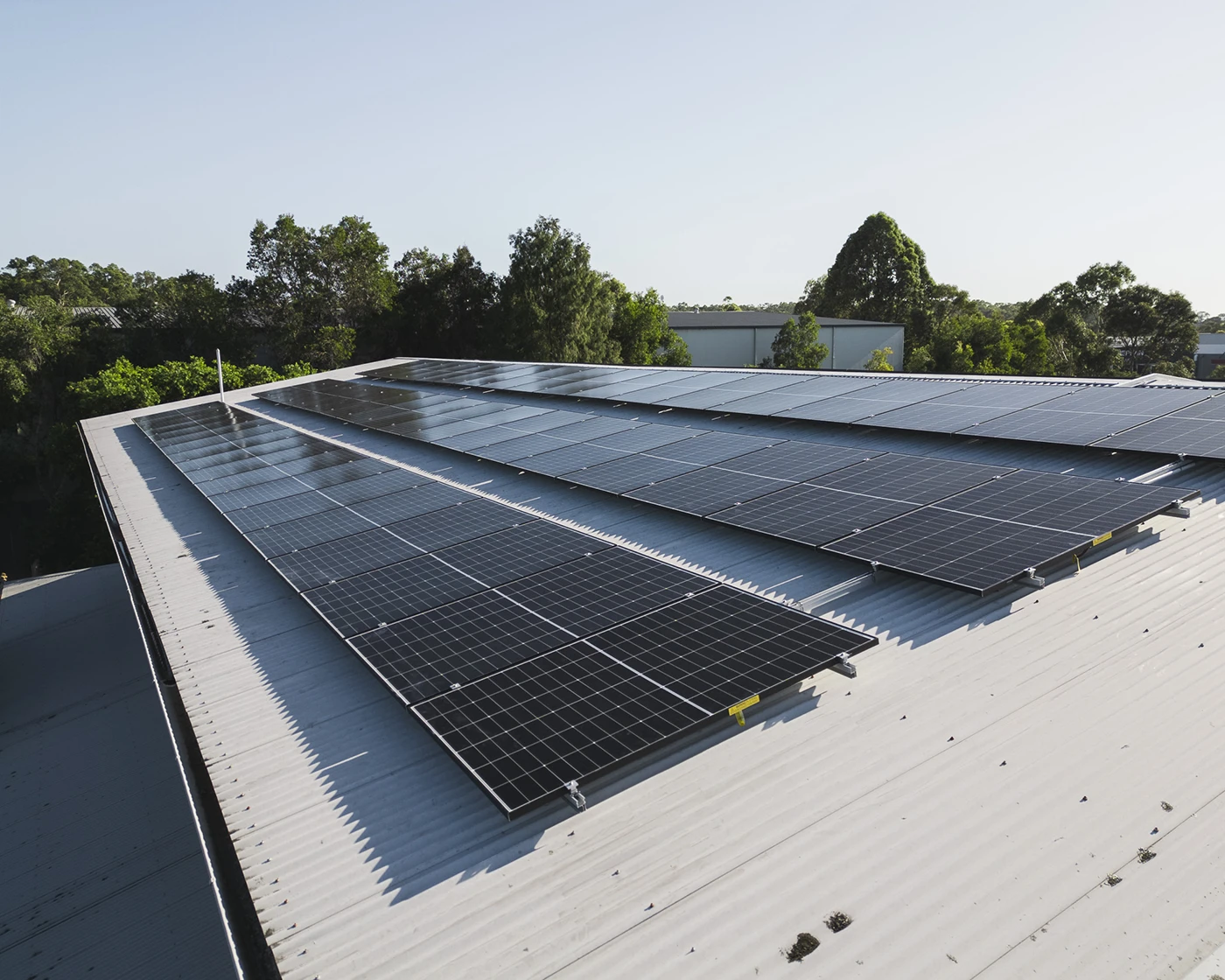
Newcastle's leading solar installers, providing long-lasting residential and commercial rooftop solar systems.
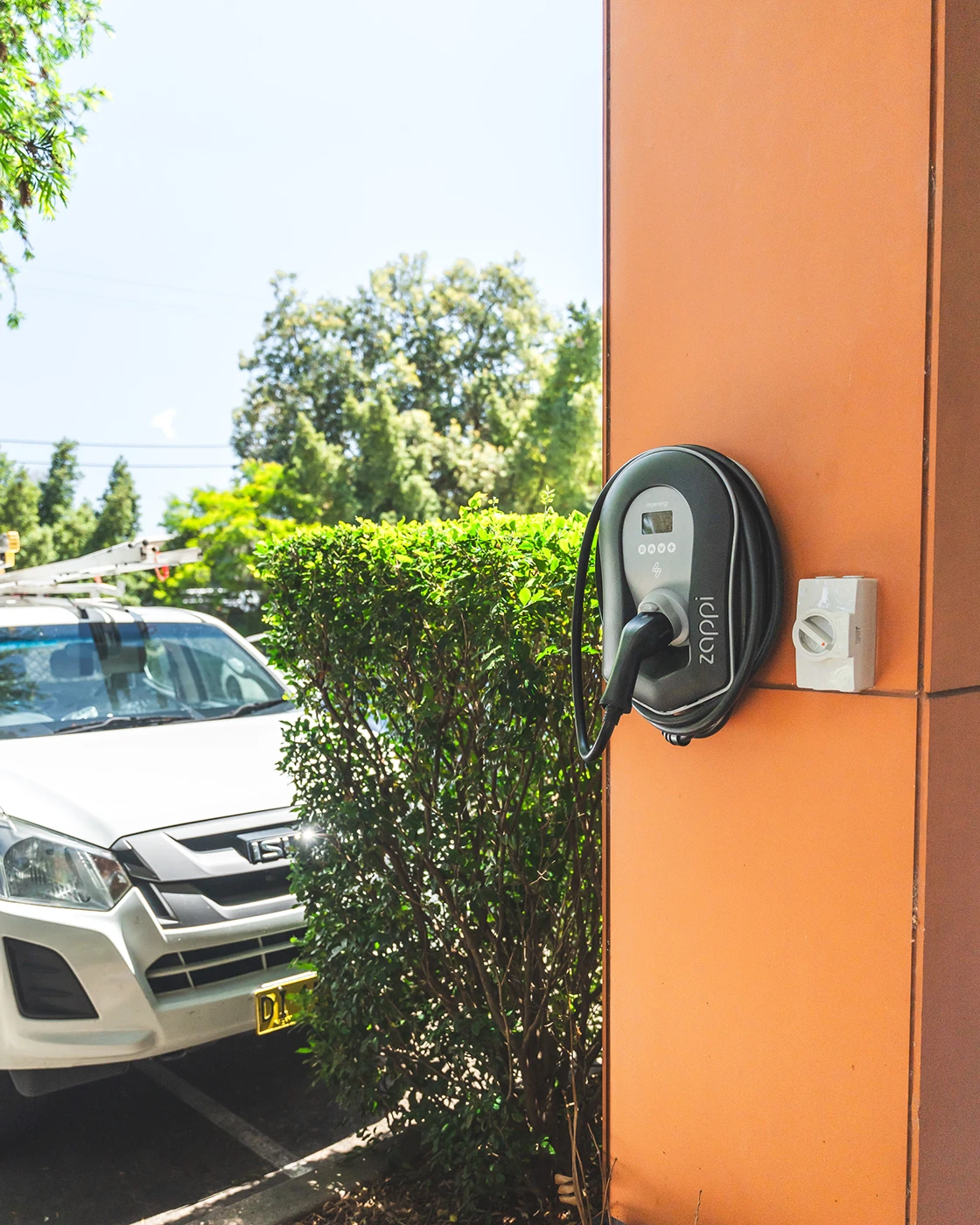
Experts in both residential and commercial electric vehicle charging station installations from 7kW - 360kW+.
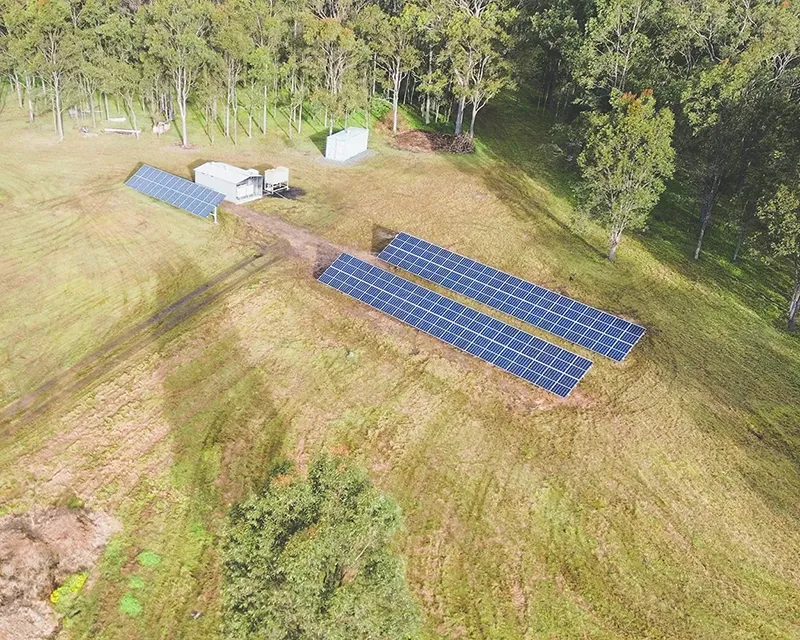
Specialists in off-grid solar and battery, helping properties never have to pay another electricity bill again.

With decades of electrical and industry experience, our fully-qualified & licensed electricians are here to help.
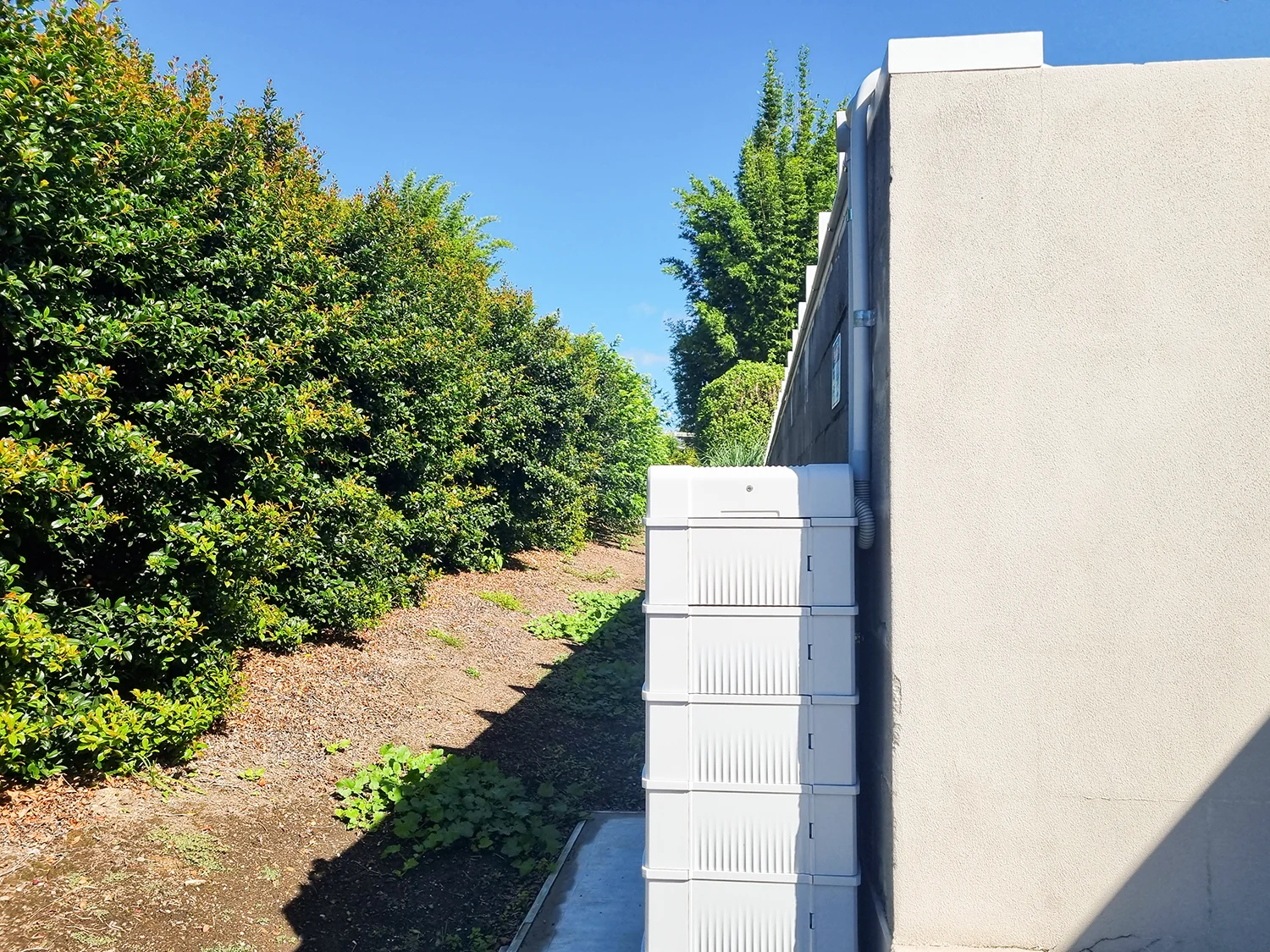
Maximise your solar generation with battery storage from reputable brands to accelerate return-on-investment.
Leave a Comment